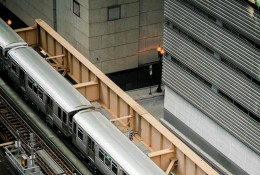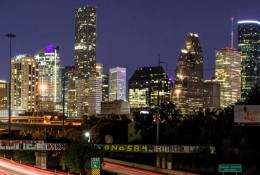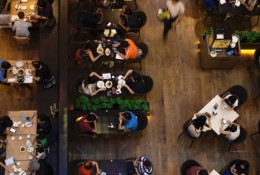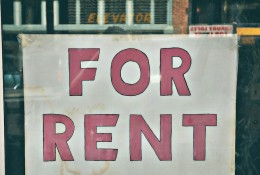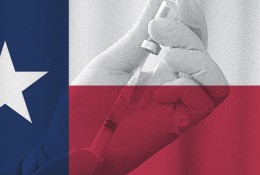A Bottom-Up Infrastructure Strategy for American Renewal
This report identifies infrastructure priorities identified by local and regional leaders around the nation. Conclusions provide an important set of guideposts about priorities the new administration should take into account in crafting a national infrastructure strategy.
